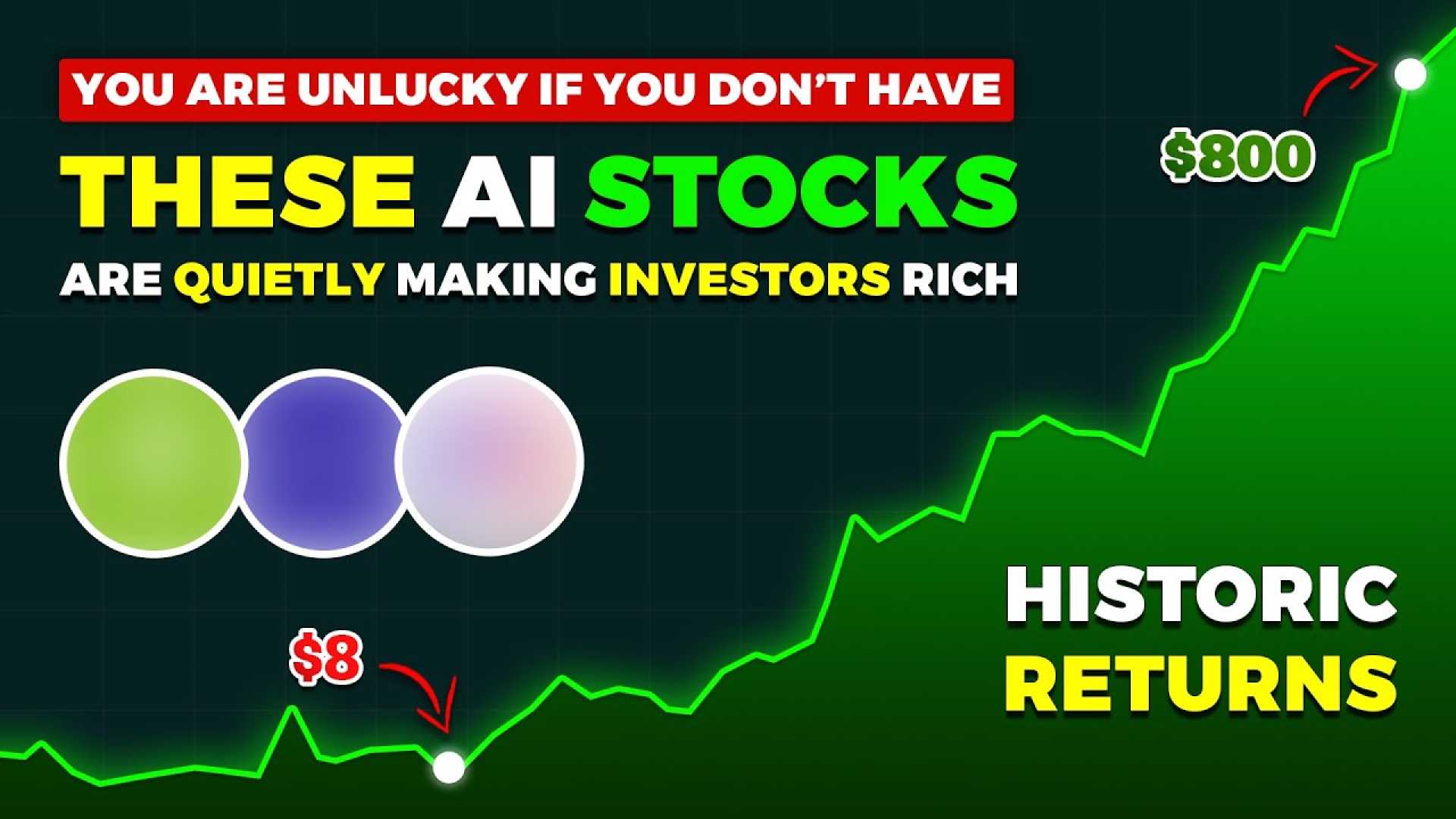Business
Investors Weigh Risks of Palantir Against Promises of Nebius

NEW YORK, Feb. 17, 2025 — As the artificial intelligence (AI) sector gains momentum, investors are increasingly focused on two prominent players: Palantir Technologies and Nebius Group. Palantir, a leader in decision-making AI, has experienced a remarkable 1,105% increase in its stock value since 2020, primarily driven by the success of its Gotham system, a tool that integrates fragmented data for government and corporate clients.
While Palantir continues to thrive, its soaring stock price raises questions about the sustainability of such high valuations. Analysts have expressed concerns that the company must maintain explosive growth to justify these figures. “The pressure is on Palantir to innovate continuously or risk a drop in its market value,” said financial analyst Karen Liu.
On the other hand, Nebius Group is carving out a niche in the AI landscape as an emerging competitor. Recently launched on Nasdaq, Nebius benefits from its origins in Yandex’s AI initiatives, leveraging cutting-edge technology from Nvidia. With a valuation of approximately $9 billion, Nebius presents a more accessible option for investors seeking growth without the heavy expectations attached to Palantir.
“Nebius offers an intriguing alternative in a market dominated by established giants,” noted tech strategist Samuel Fisk. “Its cost-effective solutions and operational efficiency position it well for future success, particularly in European markets.”
Market experts argue that a balanced investment approach might yield optimal returns. “Strategically diversifying portfolios to include both Palantir and Nebius could capitalize on the strengths of both companies,” said investment advisor Laura Chen. “Investors should consider Palantir’s established market leadership alongside Nebius’s growth potential as they navigate the evolving AI sector.”
Palantir’s strengths lie in its strong government contracts and proven performance, yet its high valuation brings inherent risks. In contrast, while Nebius presents exciting innovation opportunities, its relative inexperience compared to Palantir poses risks associated with international expansion and reliance on technological partnerships.
Amidst the competitive landscape, the AI market is projected to grow at a compound annual growth rate (CAGR) of 35% from 2023 to 2028. This growth is driven by advancements in machine learning and increasing applications across industries, laying the groundwork for both companies to capture market share.
As companies shift towards a focus on sustainability and data security, investors are considering the implications of these aspects as well. Palantir emphasizes privacy and security, appealing to government sectors, while Nebius promotes sustainable AI solutions in line with growing environmental responsibilities.
In summary, as the AI stock market evolves with the rise of key players like Palantir and Nebius, staying informed about market dynamics and technological advancements remains critical for savvy investment strategies.












